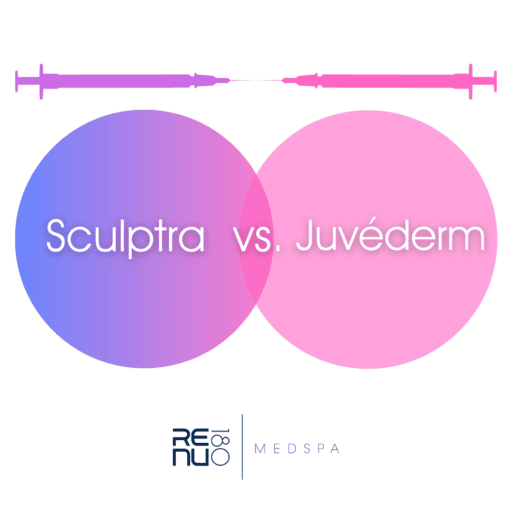Whether you’re jetting off for a vacation getaway or simply spending a lazy afternoon by the pool, if there’s one summer activity we can all enjoy, it’s basking in the sun. And while we all love rocking a rosy tint when the season calls for it, if you’ve ever seen an ultra-bronzed beachgoer with skin that looks more like leather than anything, it’s clear that too much sun can be a bad thing. So before you start packing your go-bag, make sure to stock up on the only thing that can prevent a nasty burn and unwanted aging: sunscreen.

Given the fact that sun rays come in two different forms, UVB and UVA, the effects of sunburn go deeper than one might think. UVB rays are to blame for the common sunburn that most people experience, as it mainly damages the outermost layer of the skin. On the other hand, UVA rays penetrate much deeper into the skin, leading to premature aging and an increased risk of skin cancer. As a rule of thumb, any direct sunlight contains harmful UV rays. That’s why buying a broad-spectrum sunscreen that covers both types of rays for healthy, wrinkle-free skin all year round is essential.
Adding sun protection to your daily summer skincare routine is not only one of the easiest ways to keep your skin safe but also one of the most effective. According to one study published in the Annals of Internal Medicine, people who used broad-spectrum sunscreen daily experienced up to 24% less aging over the course of four years compared to those who used it irregularly. So, SPF should be your best friend if you want to keep wrinkles and fine lines at bay.
Plus, sunscreen is available in various formulas, including lotions, sprays, powders, and even makeup, so there’s no reason to skip out on it. If you struggle with sensitive skin, however, be sure to ask your dermatologist what ingredients to avoid. Not all sunscreens are created equal, and there are certain chemicals that doctors recommend avoiding. For example, Oxybenzone and Avobenzone are both approved by the FDA and found in most over-the-counter sunscreens. While it’s a popular ingredient, studies show that it can be potentially unsafe for humans and the environment. Most experts recommend opting for a mineral sunscreen as it contains less harsh chemicals than chemical sunscreens.
Signs of aging will always be a part of life, but with daily sunscreen use, you can slow down the process tremendously. With just a little SPF here and there, you can rest in the sun without regretting it.



